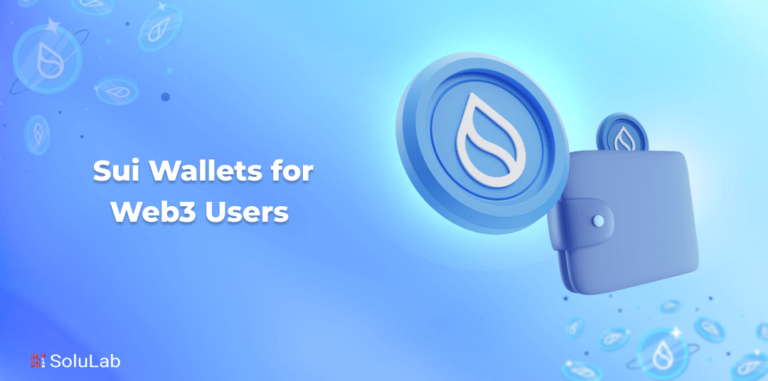
There is more value in property around the world than in any other asset class. More value in fact than all stocks, shares, and bonds combined. Yet Real Estate investment, which remains vastly illiquid, requires significant capital commitments and entails long, inefficient transaction processes.
Opening up the largest asset class to new investors and providing existing investors with greater liquidity is one of the great economic challenges of the 21st century. Both aspects of this challenge require transforming the real estate investment landscape.
Since its inception a decade ago, distributed ledger technology, commonly known as the blockchain, has brought greater efficiency, higher security, and lower costs to the financial industry. Most importantly, blockchain real estate digital infrastructures enable the issuance of tokens, and digital representations of real tradable assets.
Democratizing access to property ownership:
The tokenization of real estate assets entails a number of important benefits that can address the existing limitations and inefficiencies of property investment.
Fractionalization of property ownership, for instance, removes the need for large upfront capital thus lowering the barrier to entry. It also enables customized investments by reducing exposure to just one single underlying asset over the entire sector.
Securitizing real estate assets can unlock tremendous liquidity for the industry.
Digitized tokens can interact with smart contracts, self-executing agreements written into lines of computer code that allow the automation of steps such as document verification or escrow. Smart contracts can also facilitate the programmatic distribution of dividends and other cash flows.
Read also: Tokenized Real Estate: Creating New Investing And Financing Channels Through Blockchain
Once tokenized, property ownership can be traded on secondary markets operating 24/7 globally with settlements occurring in a fraction of the time usually required.
Ultimately, by removing inefficiencies from the market and facilitating additional liquidity, property-backed security tokens could increase the pool of potential participants in the real estate asset class tremendously and helps unlock a global investor base.
Removing the last roadblocks
Over the last few years, there have been numerous initiatives aiming at bringing the benefits of blockchain and digital tokens to the real estate industry.
In most instances, the limitations of blockchain digital infrastructures combined with the uncertainty over the legal status of cryptocurrencies prevented the development of the technical, legal, and business infrastructures required for such endeavors.
Only very recently, the establishment of clear regulatory frameworks in various jurisdictions around the world combined with breakthrough innovations achieved in the field of distributed ledger technology has made the dream of tokenized real estate assets-backed securities possible.
Blog Credits: Medium




